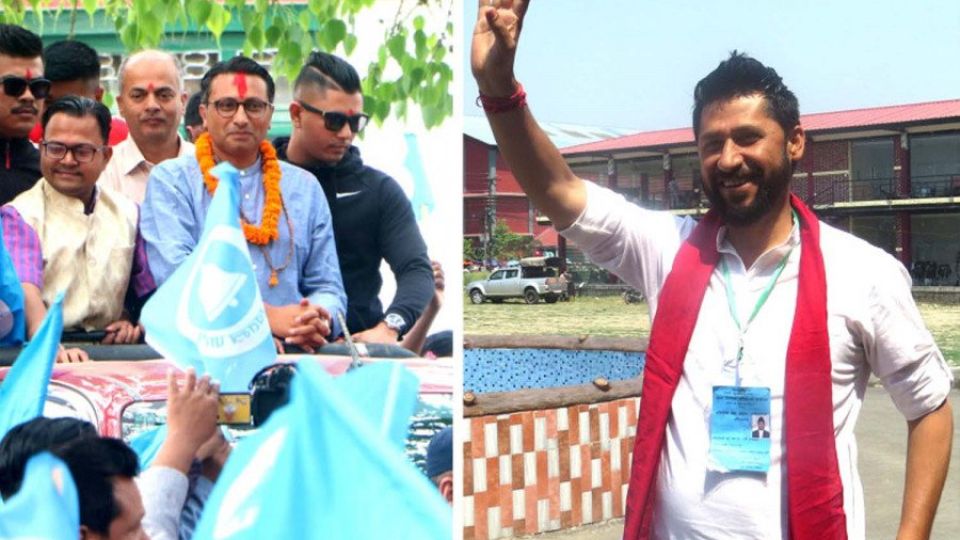April 27, 2023
KATHMANDU – Despite initial hiccups in its chase for power and the controversies surrounding its leader Rabi Lamichhane, the Rastriya Swatantra Party (RSP) has established itself as a definitive alternative political force in less than a year of its establishment. Disqualified as a parliamentarian owing to a procedural error in acquiring Nepali citizenship, Lamichhane returned with a resounding victory from the Chitwan-2 constituency. There is no mistaking the sheer street-level popularity of the RSP chairman, who has no qualms about playing a victim of controversies if his high-sounding barbs against real and imagined opponents do not work. However, his voters seem to have seen in him a troubled hero who, despite his flaws, is determined to usher in the alternative politics that has been a pipe dream of the Nepalis tired of traditional political forces. No wonder the RSP clinched an impressive two-thirds win in the three parliamentary seats on offer in these by-elections.
Lamichhane is not alone. That Swarnim Wagle—a dispirited former Nepali Congress intellectual who left the party just days before candidate nomination and had just a little over two weeks to campaign—won the election on an RSP ticket in what is considered a Congress bastion, is indicative of the changing dynamics of Nepali politics. It seems as if the authority of the dedicated foot soldiers of the traditional parties, often beratingly called jhole karyakarta, is eroding as they get voted out in favour of professionals flaunting impeccable credentials.
Wagle seems to have ticked all the right boxes of populism and professionalism. Rallying behind him were Lamichhane and young and recently famous parliamentarians of the RSP who rode the ghanti wave just five months ago. And when necessary, Wagle fished out an impeccable resume, flaunting his academic and professional achievements from Nepal to New York. Having walked the corridors of Harvard University and the United Nations Headquarters, Wagle, the itinerant economist who managed the National Planning Commission and the media well in his short professional stints in Nepal, is the quintessential cosmopolitan public figure that many young, aspirational Nepalis look up to.
The populist and professional portfolios of Lamichhane and Wagle couldn’t have worked the way they did had the voters not been sick of the same-old dirty tricks of the established parties. The top three parties—Nepali Congress, the CPN-UML and the Maoist Centre—appeared mostly clueless about their agendas for the by-elections. The only consolation for the ruling coalition, of which the Congress and the Maoist are major actors, is that their coalition partner Upendra Yadav is leading the polls in Bara-2. But the trend was enough for Sher Bahadur Deuba, the Congress president, to publicly state that the people are increasingly disenchanted by big parties.
Curiously, he seems to have no fascination for introspection even though the polling trend is people’s silent rebellion mainly against the exploits of the top leaders of the big parties. These are changing and exciting—if not entirely hopeful—times in Nepali politics, and if the political biggies do not mend their errant ways, they are in for even more disappointment in the coming days, even as the newbies steal the political limelight and find their footing in the corridors of power.


